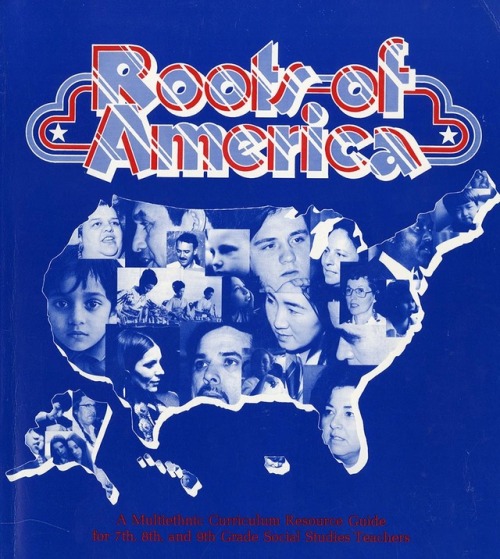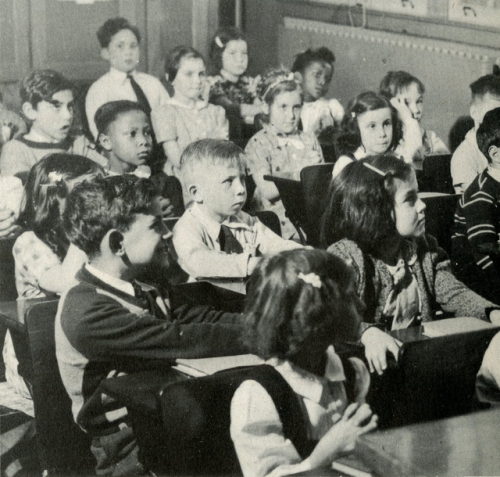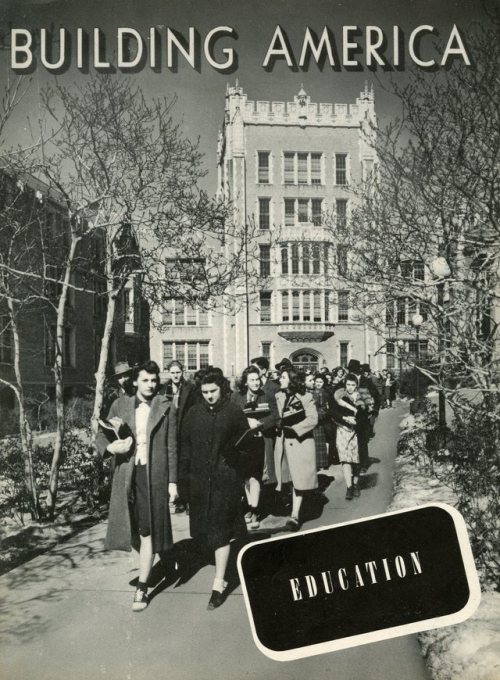#roots of america
Schools have always been a crucial building block in American society. It is a place where our young people learn a common history, our civic laws, and the common ideals that continue to shape our nation. But it’s important to recognize that those ‘commonalities’ may represent the experience of the majority and don’t necessarily include the many perspectives and standpoints of non-white and non-male students. Learning about this country should mean learning about the specific experiences of all the many groups and identities to better understand the ideals that are in fact shared across our diverse populations.
As an advocate for teachers and for social justice, the National Education Association (NEA) proactively sought to address this issue more than 40 years ago. It published “Roots of America: a multiethnic curriculum resource guide for 7th, 8th, and 9th grade social studies teachers.” This report sought specifically to address the myth of the melting pot and that America is one monoculture to which everyone contributes equally.
As one Black educator noted, while some groups may melt into the pot, it ’ has never been hot enough to melt the Black man.’ The report acknowledges that the experiences of an Italian-American, a Black-American, and a Native American are not the same. Devoting a chapter to eight ethnic groups, the book provides a summary of how members of that group may have experienced American history, ideas for lessons, and a bibliography.
If you would like to take a look at Roots of America or learn more about how the NEA worked towards inclusion, contact Special Collections.
Post link



